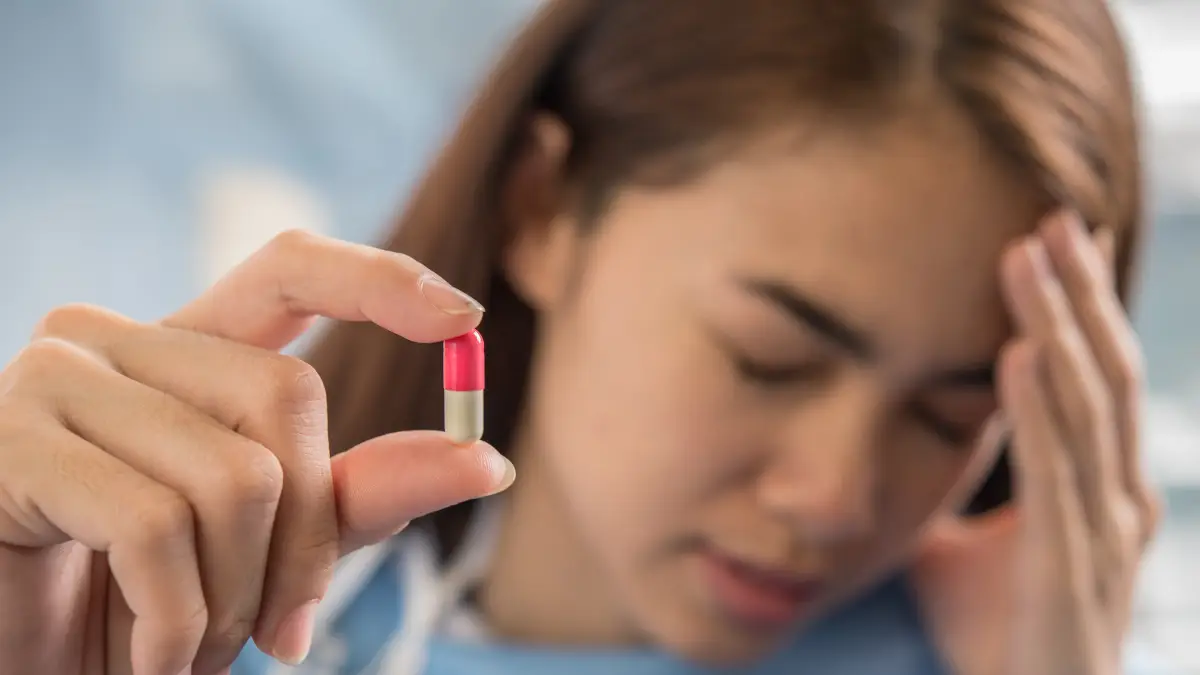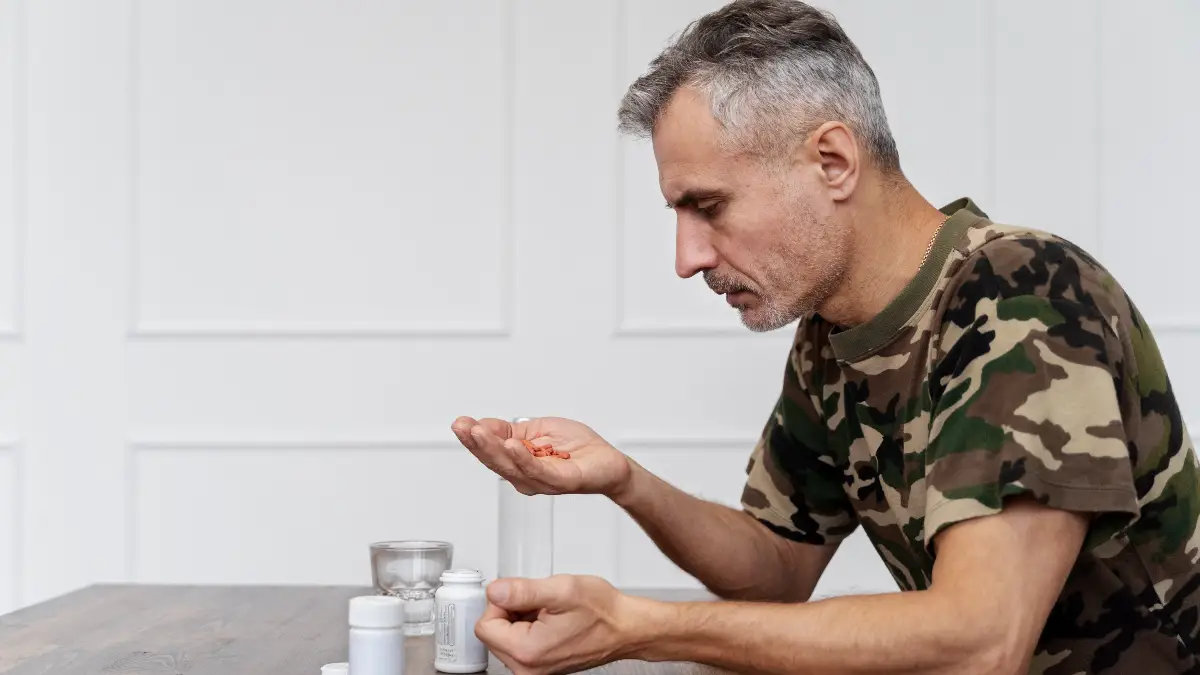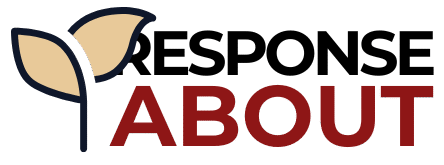The pressure to outperform everyone, including yourself, is relentless. In high-stakes fields, the search for a ‘Limitless’ pill has led many to the risky secret of microdosing psychedelics. But this whispered solution comes with a loud, career-ending reality.
The smartest performers are no longer gambling with illegal substances. They’ve pivoted to a legal compound that science is just beginning to understand, one that promises not just a temporary boost, but a fundamental upgrade to your brain’s hardware.
This guide cuts through the hype to give you a clear, actionable plan for achieving peak mental performance in 2025, without risking your job or your health.
Why You’re So Burned Out: The Tech Industry’s Demands

The tech world has a tough rule: create new things or get left behind. This push has led to amazing inventions. But it has also created a work culture where people are expected to act like machines.
The result is a burnout crisis. By 2025, research shows that over 80% of all workers are at risk of burning out. The tech industry is a major problem area, with some reports showing 82% of its workers feel close to burnout.
This isn’t just about feeling tired. It’s a huge problem with real costs. Burnout costs the U.S. economy about $300 billion a year in lost work and health care. For a company, a single burned-out executive can cost over $20,000 a year.
A regular employee costs about $4,000. These numbers show that burnout is a business problem, not a personal one. It’s often caused by not having enough staff or finding it hard to balance work and life.
The personal cost is also high. Constant stress at work can lead to health issues like high blood pressure, poor sleep, depression, and drug use.
It also hurts relationships outside of work. For many, work burnout has harmed their personal connections. This high-stress world, especially for people working from home, has created a deep need for a solution.
This pressure-cooker environment is what made “biohacking” so popular. People aren’t looking for ways to improve their brain for fun. They’re doing it to keep up with impossible demands.
When a job asks for superhuman work, people will look for superhuman fixes. The industry’s own push for constant improvement created the need for a chemical boost, just to stay in the game.
The Microdosing Myth: What People Get Wrong About Psychedelics

Psychedelics and tech have a long history together. Famous leaders like Steve Jobs and Bill Gates said they used LSD to think differently.
Today’s tech leaders have continued this. People like Elon Musk and Google’s Sergey Brin have been linked to using substances like ketamine and mushrooms. This makes it seem like these drugs are a key to great ideas.
This idea has been pushed by big names in tech. Investor Tim Ferriss once said, “The billionaires I know, almost without exception, use hallucinogens on a regular basis.” This makes it sound like a normal tool for success.
This story is repeated in podcasts and online forums. People talk about “microdosing”—taking a tiny amount of a drug like LSD or psilocybin, about 1/10th of a normal dose. They claim it’s the secret to top performance.
The stories you hear are very appealing. People on sites like Reddit say it helps them be more creative, focused, and less stressed. It sounds like the perfect fix for a high-pressure job. The goal isn’t to escape reality, but to get better at it.
But if you look closer, you’ll find another side to the story. Some people report feeling more anxious, sick, or feeling nothing at all.
These negative stories show that it’s not a simple fix. The success stories get all the attention, which makes it seem like the drugs are the reason for the success. This makes it hard to know what’s real and what’s just hype.
The Placebo Problem: Is Microdosing Just in Your Head?

While many in Silicon Valley believe microdosing works, science tells a different story. There’s a big gap between what people believe and what studies show. The biggest issue is the placebo effect.
Studies show that what you expect to happen often does. If you believe a tiny dose of a drug will make you feel better, you are very likely to report feeling better, even if you took a sugar pill. Your mindset is a huge part of the experience.
The best proof comes from studies where nobody knows who is getting the real drug and who is getting a fake one.
A major review of these studies found something important: when people don’t know what they’re taking, the benefits of microdosing mostly disappear.
The improvements in mood and creativity were the same for the group taking the drug and the group taking the placebo. This suggests that the benefits people feel might not come from the drug itself.
It’s true that we need more research. Most studies have been small. And while full doses of psychedelics show promise for treating depression in a doctor’s office, that doesn’t mean microdosing at your desk will help you work better.
The act of microdosing itself—measuring doses, following a schedule, and wanting to improve—is a powerful routine.
This process alone can make you feel better because you are actively trying to improve yourself. You’re primed to feel a positive change, whether the pill you took did anything or not.
The Hard Truth: Microdosing Is Illegal in California in 2025

Even if you think it works, the biggest risk with microdosing isn’t in your head—it’s with the law. No matter what you hear, the rules in California are very clear. In 2025, psilocybin (magic mushrooms) and LSD are illegal.
They are Schedule I drugs, which is the same group as heroin. The law says they have a “high potential for abuse” and “no currently accepted medical use.”
Recent attempts to change these laws have failed. This shows the state is still serious about the ban.
A lot of people get confused between “decriminalized” and “legal.” Some cities like Oakland and San Francisco have made these drugs the “lowest law enforcement priority.” This does not mean you can’t get in trouble.
It doesn’t make them legal to have or sell, and it offers no protection from state or federal laws. Most importantly, it offers no protection at your job.
Your workplace is where the risk is highest. Many companies have strict drug-free policies. Take the story of Justin Zhu, the CEO of a startup called Iterable. In 2021, he was fired. The main reason was that he used LSD to microdose before a meeting.
His story shows that a “micro” dose can lead to a “macro” problem for your career. The hype has created a dangerous misunderstanding. In 2025, microdosing is a gamble you can’t afford to take.
The Smart Move: Why Top Performers Switched to Functional Mushrooms

As people learn the truth about microdosing, the smartest performers are changing their strategy. They are moving away from risky, illegal drugs.
Instead, they are using legal, science-backed brain boosters: functional mushrooms. This is a sign that the biohacking trend is growing up. It’s moving from secret tricks to smart, long-term health choices.
Here’s a simple breakdown of why this change is happening:
| Feature | Psychedelic Microdosing (Psilocybin/LSD) | Functional Mushrooms (Lion’s Mane) |
| Legal Status (CA 2025) | Illegal | Legal |
| How It Works | Affects serotonin brain receptors | Helps grow nerve cells |
| What Science Says | Benefits are likely a placebo effect | Early science shows it helps the brain |
| Mind-Altering Effects | Can cause small changes in mood | None |
| How to Get It | Illegal sources only | Easy to find in stores and online |
| Main Use | Unproven performance boost | Daily, long-term brain support |
| Workplace Risk | High (you can be fired) | None |
This isn’t a small trend. The market for functional mushrooms is expected to grow from about $34 billion in 2025 to over $62 billion by 2032. People want natural ways to improve their health and handle stress, and these mushrooms are a perfect fit.
Unlike psychedelics, functional mushrooms are legal and regulated as dietary supplements. This means they are safer and easier to get. There are many types. Reishi helps with stress, Cordyceps boosts energy, and Chaga is full of antioxidants.
This gives you a way to support your body without breaking the law or risking your job. And one mushroom is leading the way for direct brain enhancement.
The Legal Compound: Use Lion’s Mane Mushroom to Boost Your Brain
The main reason people are moving away from microdosing is a functional mushroom called Lion’s Mane. It’s known as “The Smart Mushroom” and is the top legal choice for brain support. Buddhist monks used it for centuries to help them focus during meditation.
What’s special about Lion’s Mane is how it works. It doesn’t just give you a temporary jolt. It helps build a stronger brain. The mushroom has special compounds that help your body make something called Nerve Growth Factor (NGF).
NGF is a protein your brain needs to grow, repair, and protect its nerve cells. These compounds can get into your brain and work directly where they are needed. A top researcher, Professor Frederic Meunier, says these compounds help brain cells connect to each other.
This means you’re not just pushing your brain to work harder; you’re helping it rebuild and become stronger. This is a long-term strategy for success.
The proof is growing. One key study with older adults found that those who took Lion’s Mane every day for 16 weeks scored much higher on brain function tests than those who took a placebo.
Other research shows it might help fight the brain changes seen in diseases like Alzheimer’s. Famous mushroom expert Paul Stamets calls Lion’s Mane the “first ‘smart mushroom'” because it can help repair the protective layer around nerve cells.
It may also help reduce feelings of depression and anxiety. This makes it a great tool for both performance and mental strength.
Your 2025 Plan: How to Use Lion’s Mane for a Sharper Mind
Adding Lion’s Mane to your daily life is easy, but you need to do it right to get the best results. Following a simple plan can help you get the most out of it.
First, pick a good supplement. The most important thing is to choose one made from “fruiting body” extracts.
This is the part of the mushroom you can see, and it has the most good stuff. Avoid products made from “mycelium on grain,” which are often weaker. Also, look for a high extract ratio (like 8:1) and make sure it’s organic and tested by a third party for safety.
Second, get the dose right. The main study that showed brain benefits used between 750 mg and 3,000 mg of Lion’s Mane powder a day.
Many quality supplements have a 500 mg dose per serving. A good way to start is with 500 mg to 1,000 mg a day. Take it every day to see how you feel before taking more.
Third, you can combine Lion’s Mane with other things to make it work even better. A popular legal combination is Lion’s Mane with Niacin (Vitamin B3).
Niacin can increase blood flow, which helps carry the good stuff from Lion’s Mane all over your body. You can also mix it with other brain-boosting supplements like L-Theanine for calm focus or Rhodiola Rosea to better handle stress.
Finally, remember that a supplement is just one part of a healthy brain plan. You’ll get the best results if you also get good sleep, exercise, practice mindfulness or meditation, and keep your brain active by learning new things. This complete approach takes care of both your brain’s physical health and your daily habits.

